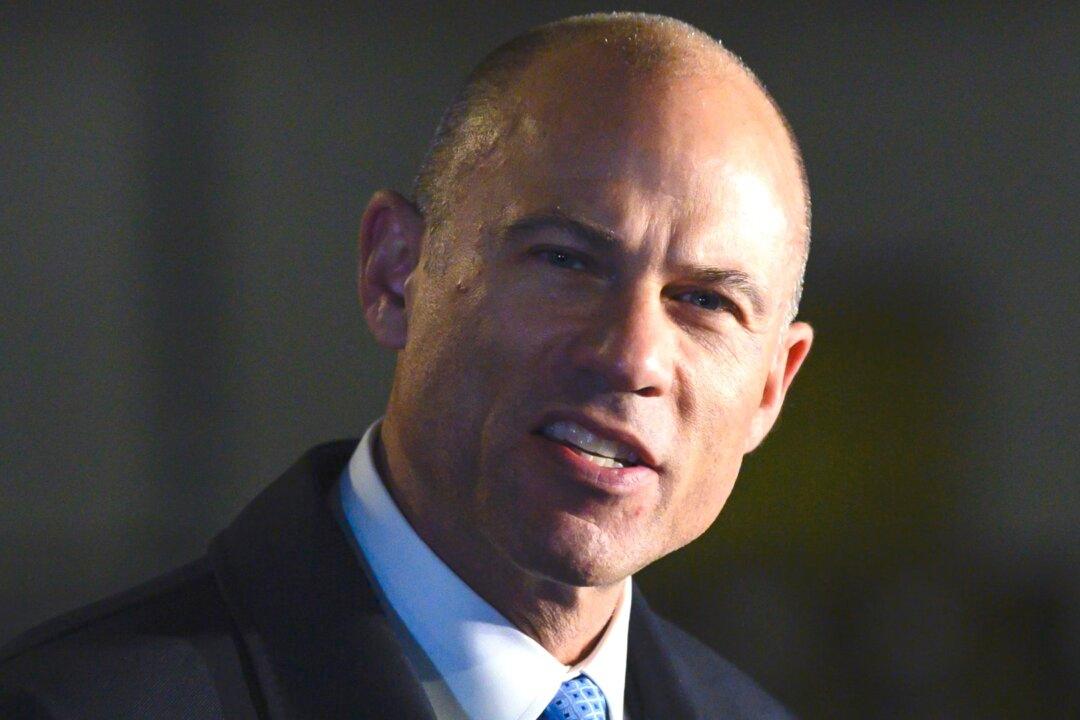Sen. Chuck Grassley (R-Iowa), head of the Senate Judiciary Committee during the Brett Kavanaugh confirmation hearings, was among lawmakers who wrote to the Department of Justice (DOJ) on Oct. 8, asking what the department has done with criminal referrals made in the wake of the hearings.
Kavanaugh was confirmed to the Supreme Court, but the hearings included a slew of sexual assault allegations, none of which were proven.





